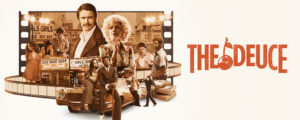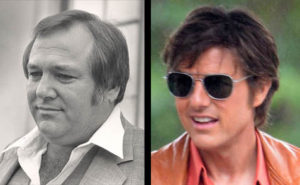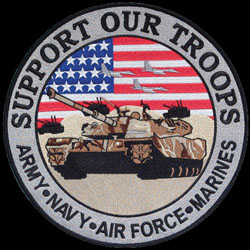If you’re looking for an interesting dramatization of what the criminal underworld might have been like several decades ago, you have a couple of options right now.
One is the big-screen version of drug smuggler Barry Seal’s outlaw life in the movie “American Made,” released in theaters late last month. Another is the current HBO crime series “The Deuce,” depicting the sex industry and Mafia rackets in New York City a few years earlier than Seal’s high-flying exploits.
Both feature an array of colorful characters.
Seal was a former commercial airline pilot from Baton Rouge who turned to drug smuggling for Colombia’s deadly Medellin Cartel, importing billions of dollars in illegal narcotics into the U.S. during the 1980s, ultimately basing his operations in Mena, Arkansas, a tiny town with a remote airfield west of Little Rock.
On a visit to Mena last year, I shot an iPhone video of the airfield that you can view by clicking here.
Action junkies will like the movie at least for the dramatic flying scenes, some purportedly with lead actor Tom Cruise as Barry Seal behind the flight controls, but those who demand strict factual accuracy in Hollywood productions won’t be as thrilled. For instance, the way Seal became involved with the federal government and even the portrayal of his family life are fictional plot devices in the movie, not accurate representations.
And supporters of Bill Clinton, who was governor of Arkansas when Seal was flying in and out of rural Mena, deny that he green-lighted Seal’s criminal endeavors in the Natural State, as the movie asserts.
Like every movie based on a true story, however, some things in it are factual, some aren’t.
But if you want to be entertained while watching a fictionalized version of what was going on back then, “American Made” is worth your time and might provoke your curiosity, inspiring you to read about the key figures from that period in nonfiction books such as “Killing Pablo” by Mark Bowden, “Dark Alliance” by Gary Webb, and “American Desperado” by Jon Roberts and Evan Wright.
“The Deuce” takes a ground-level look at criminality during the 1970s, when New York City, especially the seedy area around 42nd Street (known as the Deuce), was overrun by pimps, prostitutes and pornographers. Throw some crooked cops and Mafia heavies into that mix, and you get a bleak picture of what things were like in those days for big-city hustlers.
a bleak picture of what things were like in those days for big-city hustlers.
The HBO docudrama, which airs on Sunday nights, has several episodes to go. Its creators, former Baltimore Sun police reporter David Simon and crime novelist George Pelecanos, have been involved in other successful HBO productions over the years, including the popular crime series “The Wire.”
Much of “The Deuce” centers on an empowered prostitute with a family life (Maggie Gyllenhaal) and a mob-controlled bar manager with a likable side (James Franco) who slog, with some sense of hope, through the muck swamping not only their immediate environment but also, symbolically, that entire era.
Larry Henry’s YouTube channel includes videos he shot of mob sites in Las Vegas, the apartment building in Santa Monica, California, where Whitey Bulger was arrested, and the remote Arkansas airport where Barry Seal transported drugs into the U.S for the Medellin Cartel. Subscribe HERE.
[si-contact-form form=’3′]

 October 8th, 2017
October 8th, 2017  CEO
CEO 
 Posted in
Posted in  Tags:
Tags: 



